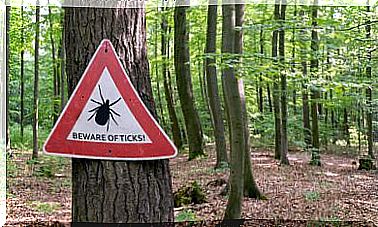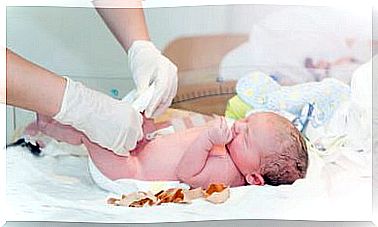Lawrence Stenhouse’s Curriculum Model

Lawrence Stenhouse’s curricular model considers that the curriculum is a powerful transformative element of teaching, for which the role of teachers is crucial, becoming researchers of their own teaching experience.
Lawrence Stenhouse was born in Manchester in 1926, and devoted himself to teaching at different levels, and studying and researching the curriculum during the 1970s.
What is the curriculum?
In order to better understand the curricular model proposed by Lawrence Stenhouse, we must first clarify what the concept of curriculum refers to.
The curriculum, whose use in Spanish is curriculum, has different meanings. The first meaning refers to the curriculum vitae (the correct form, in this case, is written without an accent mark), as a set of knowledge and experiences, work and academic, that an individual possesses.

The second meaning, considers that the curriculum designates the plan or program of studies that an educational institution follows, be it a school or university. Precisely, the word curriculum comes from the Latin curriculum , which means career.
Therefore, the curriculum serves to structure and support the contents, techniques and methodologies during the teaching process.
Lawrence Stenhouse Curriculum Model
For Stenhouse the curriculum is far from being a simple list of contents or a mere prescription of methods and objectives. For him, the curriculum supposes an entire educational project in which the different ideological, socio-anthropological, pedagogical, epistemological and psychological conceptions are specified, which determine the objectives to be achieved through teaching.
He argued that in the curriculum the intention that a certain society has regarding the type of individual that makes it up is specified. In it is present a vision of knowledge and the role of teacher, and a concept of the educational process.
In this sense, Stenhouse argues that the role of teachers is fundamental in the development and implementation of the curriculum. Teachers are the ones who must know what changes they are trying to produce in students, and decide how to teach to achieve them.
Therefore, permanent research in teaching practice is essential. Theory and practice must be intimately linked.
The most powerful ideas of Stenhouse’s curriculum model
Here we will summarize some of the most illuminating insights from Stenhouse’s curriculum model.
- The participation of teachers in the elaboration and development of the curriculum is essential to decide what should be taught and how. Thus, the curricular model is flexible, open, creative, and innovative.
- Teachers are the ones who must investigate and reflect on their own action. And they must do so in accordance with the needs of their students, thus increasing the understanding of their own practice in order to change, modify and perfect it.
- The school must be critical of external impositions, and this curricular model is in that direction. The professional development of teacher-researchers may allow them to be critical of the type of student that is being trained, and for what type of society.

- The proposed curricular model is specified in a curricular model based on the process, considering three elements : respect for the nature of knowledge and its methodology, taking into account the learning process, and the coherent approach to the teaching process with the two points previous.
- In this context, the evaluation process is conceived in a different way, since in a curricular process understood as educational research, dynamics and not results must be evaluated.
Final thoughts
The curricular model proposed by Lawrence Stenhouse maintains that action research supposes a path to emancipation. This emancipation enables the autonomy of teachers, to the extent that it rejects the imposition and authoritarianism that is imposed on the school and society.










